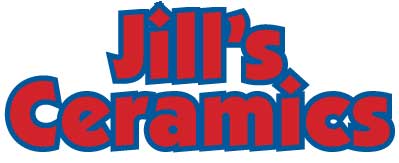Ask the Expert: What Foods and Drinks Should I Avoid When Breast-Feeding?
Get the Best Winter Activities
My baby is so gassy. Is there something in my diet that could be causing her problems?
In general, there is no one food that causes problems for babies. And some gassiness is a fact of life in infancy. If your baby is gassier on some days more than others, it may help to know that it takes on average 4 to 6 hours for a food to show up in your milk, although there are individual variations of from 1 to 24 hours. Often it’s food you’ve eaten for dinner, since many of us tend to have a similar breakfast and lunch every day.
What about allergies and food sensitivities?
Food sensitivities do occur in breast-fed babies, particularly in families with a history of allergies. If a baby is sensitive to a food in the mother’s diet, there will usually be other symptoms other than gassiness—rash, congestion, red itchy eyes, sore bottom, reflux, or crying and discomfort after feeds. If it is a food that mom eats frequently, the symptoms will be ongoing.
Cow’s milk protein is the most researched and common food sensitivity in babies. Complete elimination for 2 weeks or more may be needed to see improvement. Other possibilities are soy, wheat (gluten), eggs and peanuts. A milk protein sensitivity is generally outgrown, and mom can usually reintroduce it later. Although babies do react to foods in their mother’s diets, it is less so than if they ingest it themselves—a baby may turn out to be allergic to milk when they are given formula even though their mom has been having it all along.
Smoking? Nobody suggests you smoke, but it is better to smoke and breast-feed than to smoke and formula feed. Breast-feeding is protective. It can help minimize the ill effects of some not so optimal health habits.
So, it is of course great if you eat a clean, whole foods, organic diet and drink nothing but pure filtered spring water—but if you slip and slide on your road to diet perfection, you’re still doing a wonderful thing for your baby by breast-feeding. Be proud of yourself.





